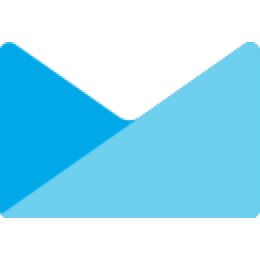How These Teen Brothers Started A Nonprofit That Distributed $100K Worth Of Food
Hello! Who are you and what business did you start?
Hey! My name is Camden Francis. I am the founder and Executive Director of a 501(c)(3) nonprofit organization called Beyond the Crisis.
I founded Beyond the Crisis in 2020 during the COVID-19 pandemic with my younger brother Colton. He was 13 at the time, and I was 16. Being so young, people did not take us seriously. It was very challenging getting the organization off the ground not to mention scaling it. In addition, to legitimize the organization, we needed a lot of certifications and needed to hire a civil lawyer.
Beyond the Crisis distributes food and resources to housing communities and homeless shelters. Our mission is to help mitigate food insecurity. Since the date of our founding, we have distributed over 100,000 dollars worth of food items.

Don’t let hate and...
Sorry, you need to login and/or become a member to view the rest of this content.More Business Ideas Like This













